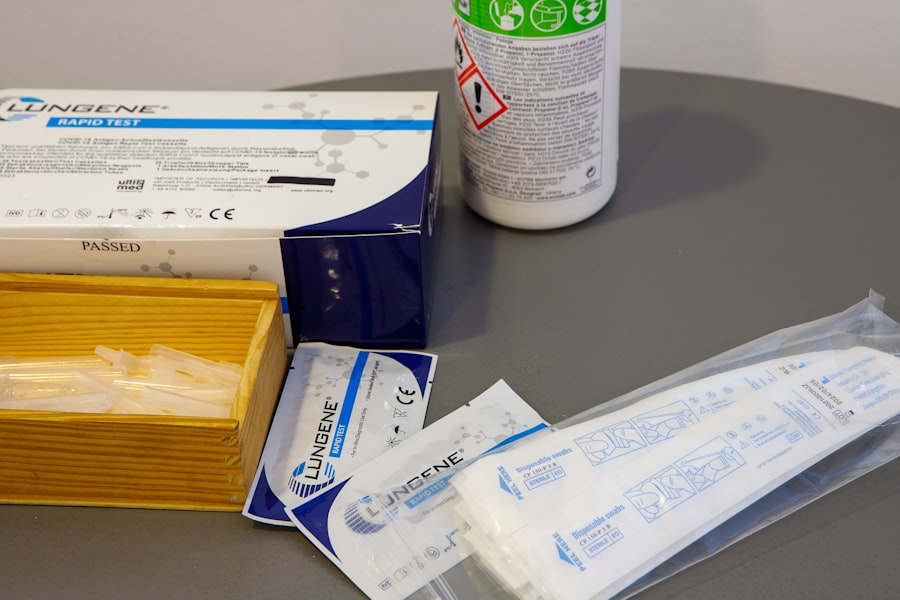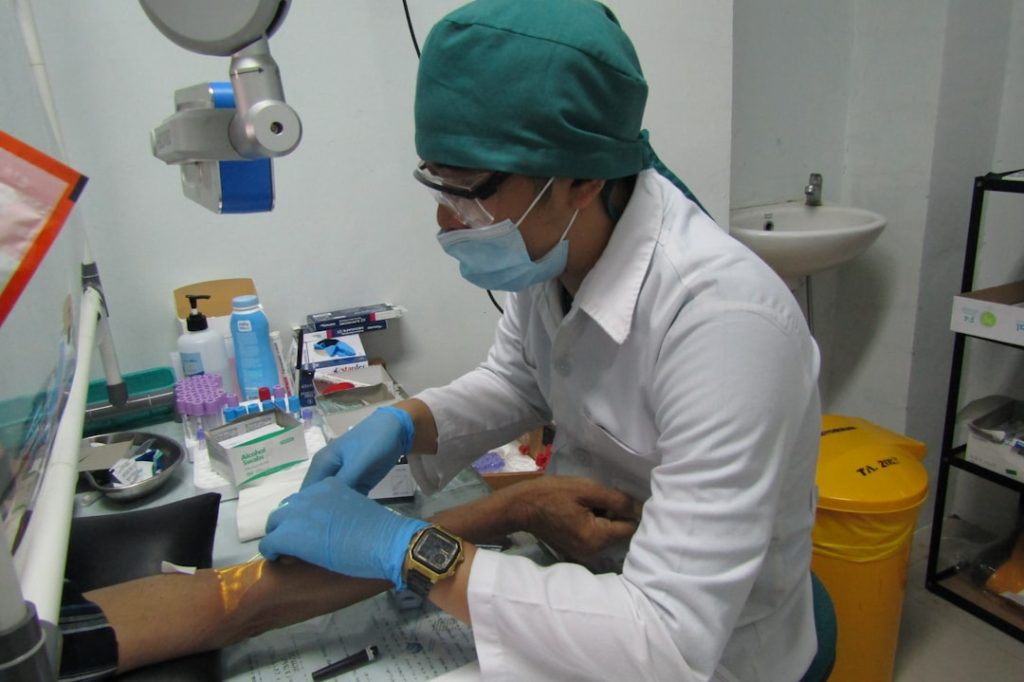Medical trials, also known as clinical trials, are research studies designed to evaluate the safety and efficacy of new medical interventions, including drugs, devices, and treatment protocols. These trials are essential for advancing medical knowledge and improving patient care. They typically follow a structured process that includes several phases, each with specific objectives and methodologies.
Phase I trials primarily focus on assessing the safety of a new treatment in a small group of participants, while Phase II trials expand the participant pool to evaluate the treatment’s effectiveness and further assess its safety. Phase III trials involve larger populations and are crucial for determining how the new treatment compares to existing therapies. The design of medical trials is governed by strict regulatory guidelines to ensure participant safety and data integrity.
Institutional Review Boards (IRBs) oversee the ethical aspects of the trials, ensuring that participants are fully informed about the study’s purpose, procedures, risks, and potential benefits before consenting to participate. The results of these trials can lead to significant advancements in medical science, influencing treatment protocols and healthcare policies. For instance, the development of groundbreaking therapies for conditions such as cancer and diabetes has often stemmed from rigorous clinical trial processes.
Key Takeaways
- Medical trials are research studies that test new treatments to ensure safety and effectiveness.
- You can find nearby medical trials through online registries, hospitals, and research centers.
- Eligibility criteria vary and are based on factors like age, health condition, and medical history.
- Participating in trials involves potential risks and benefits that should be carefully considered.
- Proper preparation and understanding the trial process help ensure a smooth participation experience.
Finding Medical Trials Near Me
Locating medical trials in your vicinity can be a straightforward process if you know where to look. One of the most effective resources is the ClinicalTrials.gov database, maintained by the U.S. National Library of Medicine. This comprehensive database allows users to search for trials based on various criteria, including location, condition, and phase of the trial. By entering your zip code or city name, you can access a list of ongoing studies in your area, complete with details about the sponsoring organization, eligibility criteria, and contact information for the research team. In addition to online databases, local hospitals and academic medical centers often conduct clinical trials and may have dedicated departments or personnel to assist potential participants. Many institutions maintain their own websites where they list current research opportunities. Engaging with healthcare providers can also be beneficial; they may have insights into upcoming trials or be able to refer you to specialists involved in research. Community health organizations and patient advocacy groups can serve as valuable resources as well, often providing information about trials relevant to specific conditions or diseases.
Eligibility for Medical Trials

Eligibility criteria for medical trials are established to ensure that participants are suitable for the study’s objectives and that the results will be valid and applicable. These criteria can vary widely depending on the nature of the trial and the condition being studied. Common factors that determine eligibility include age, gender, medical history, current health status, and specific disease characteristics.
For instance, a trial investigating a new treatment for breast cancer may only include women within a certain age range who have not received prior treatment for their condition. Potential participants should carefully review the eligibility requirements outlined in trial listings. Some studies may require participants to have specific biomarkers or genetic profiles, while others may exclude individuals with certain comorbidities or those taking particular medications.
It is essential to communicate openly with the research team about your medical history and any medications you are currently taking, as this information will help determine your suitability for participation. Additionally, some trials may have flexible criteria that allow for broader participation, particularly in early-phase studies aimed at gathering preliminary data.
Risks and Benefits of Participating in Medical Trials
| Aspect | Risks | Benefits |
|---|---|---|
| Health Risks | Possible side effects, adverse reactions, unknown long-term effects | Access to new treatments, close medical monitoring |
| Time Commitment | Frequent visits, long duration of trial participation | Contribution to medical knowledge, potential personal health improvements |
| Privacy | Risk of personal data exposure | Confidential handling of medical information |
| Financial | Possible costs related to travel or time off work | Compensation for participation, free medical care related to trial |
| Psychological | Stress or anxiety about treatment outcomes | Sense of contribution to science and future patients |
Participating in medical trials comes with both potential risks and benefits that individuals should carefully consider before enrolling. On one hand, participants may gain access to cutting-edge treatments that are not yet available to the general public. This access can be particularly appealing for individuals with conditions that have limited treatment options or for those who have not responded well to existing therapies.
Furthermore, participants often receive close monitoring from healthcare professionals throughout the trial, which can lead to enhanced care and support. However, it is crucial to acknowledge the risks associated with clinical trial participation. New treatments may have unknown side effects or may not be effective for all individuals.
Participants may experience adverse reactions that could impact their health or quality of life. Additionally, there is no guarantee that the treatment being tested will provide any benefit; some participants may receive a placebo instead of the active treatment. Understanding these risks is vital for making an informed decision about participation.
Researchers are required to provide detailed information about potential risks during the informed consent process, allowing individuals to weigh their options carefully.
How to Prepare for a Medical Trial
Preparation for a medical trial involves several steps that can help ensure a smooth experience and maximize the potential benefits of participation. First and foremost, individuals should thoroughly review all provided materials related to the trial, including the informed consent document, which outlines the study’s purpose, procedures, risks, and benefits. It is advisable to take notes on any questions or concerns that arise during this review process so that they can be addressed during discussions with the research team.
Additionally, potential participants should gather relevant medical records and compile a comprehensive list of their current medications and supplements. This information will be crucial during screening assessments to determine eligibility and ensure participant safety throughout the trial. Engaging family members or friends in discussions about participation can also provide valuable support and perspective.
They can help individuals process information and make decisions that align with their health goals and values.
What to Expect During a Medical Trial

Once enrolled in a medical trial, participants can expect a structured schedule of visits and assessments designed to monitor their health and gather data on the treatment’s effects. The frequency of these visits can vary depending on the trial’s design; some may require weekly check-ins while others might involve monthly appointments. During these visits, participants will undergo various evaluations, which may include physical examinations, laboratory tests, imaging studies, or questionnaires assessing their symptoms and quality of life.
Participants should also be prepared for potential adjustments in their treatment regimen based on their response to the intervention being studied. In some cases, researchers may need to modify dosages or switch participants between different treatment arms within the trial. Open communication with the research team is essential throughout this process; participants should feel comfortable discussing any side effects or concerns they experience during the trial.
This feedback is invaluable for researchers as they assess the treatment’s safety and efficacy.
Getting Paid for Participating in Medical Trials
Compensation for participating in medical trials varies widely depending on several factors, including the trial’s duration, complexity, and location. Some studies offer financial incentives as a way to encourage participation and compensate individuals for their time and any travel expenses incurred while attending appointments. Payments can range from modest stipends for short-term studies to more substantial compensation for long-term commitments involving multiple visits.
It is important for potential participants to inquire about compensation during the informed consent process. Researchers should provide clear information regarding payment structures and any conditions attached to compensation (e.g., payments contingent upon completing certain study milestones). While financial compensation can be an attractive aspect of participating in clinical trials, it should not be the sole motivation; individuals should prioritize their health needs and interests when considering enrollment.
Finding Reputable Medical Trial Opportunities
Identifying reputable medical trial opportunities is crucial for ensuring a positive experience and safeguarding participant well-being. One of the most reliable ways to find trustworthy trials is through established medical institutions or academic centers known for conducting high-quality research. These organizations typically adhere to rigorous ethical standards and regulatory requirements, providing a level of assurance regarding participant safety.
In addition to institutional resources, individuals can seek recommendations from healthcare providers who may have insights into ongoing studies relevant to their conditions. Patient advocacy groups often maintain lists of reputable trials or can connect individuals with researchers conducting studies in specific areas of interest. Online platforms dedicated to clinical trial recruitment also play a role in connecting potential participants with reputable opportunities; however, it is essential to verify the credibility of these platforms before proceeding with enrollment.
By understanding the intricacies of medical trials—from their structure and purpose to eligibility criteria and preparation—individuals can make informed decisions about participation that align with their health goals while contributing to advancements in medical science.




